
Allogeneic hematopoietic stem cell transplantation (HSCT) is a potentially curative treatment for patients with myelofibrosis (MF); however, evaluating the risks and benefits for individual patients can be a challenge. This is especially true in patients with CALR-mutated MF, who already achieve improved survival outcomes on conventional treatments compared with other MF subtypes.
Juan Carlos Hernández-Boluda, MD, and colleagues performed a study to characterize outcomes of patients with CALR-mutated MF who underwent allogeneic HSCT. In their report, published in Bone Marrow Transplantation, the authors verified that improved outcomes persisted in patients with CALR mutations who underwent transplantation compared with other MF populations.
The analysis included 346 patients with CALR-mutated MF who were transplanted in 123 centers between 2005 and 2019. After a median of 40 months of follow-up, the estimated rates of one-, three-, and five-year overall survival (OS) were 81%, 71%, and 63%, respectively.
The one-, three-, and five-year rates of nonrelapse mortality were 16%, 22%, and 26%, respectively, and rates of relapse or progression were 11%, 15%, and 17%, respectively. Authors added that patients who received regimens including busulfan had a five-year OS rate of 71%.
Older age was associated with worse OS, and primary MF and human leukocyte antigen-mismatched transplantation were close-to-significantly associated with decreased OS. Compared to patients with JAK2-mutated MF, those with CALR mutations exhibited improvements in OS, nonrelapse mortality, relapse, and graft-versus-host disease-free, and relapse-free survival.
Overall, Dr. Hernández-Boluda suggested the data “support molecular profiling in prognostic scoring systems to predict OS after transplantation in MF.”
Reference
Hernández-Boluda JC, Eikema DJ, Koster L, et al. Allogeneic hematopoietic cell transplantation in patients with CALR-mutated myelofibrosis: a study of the chronic malignancies working party of EBMT. Bone Marrow Transplant. 2023;10.1038/s41409-023-02094-1. doi:10.1038/s41409-023-02094-1

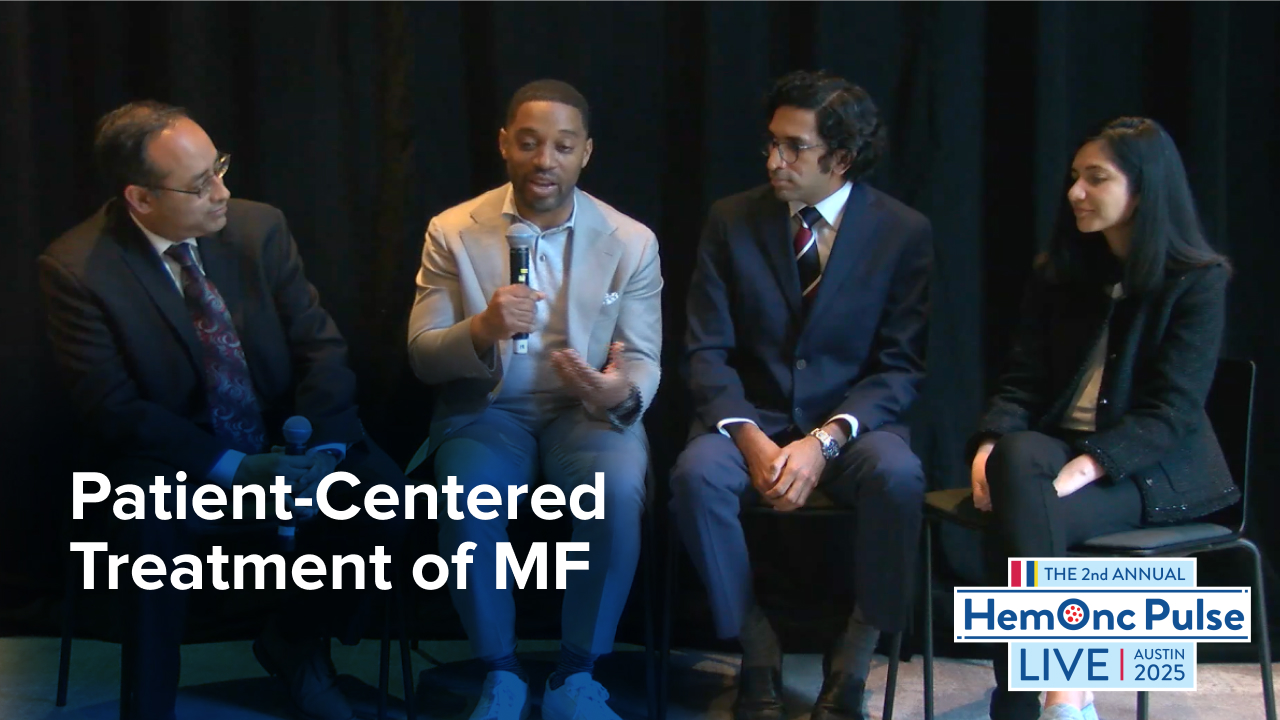
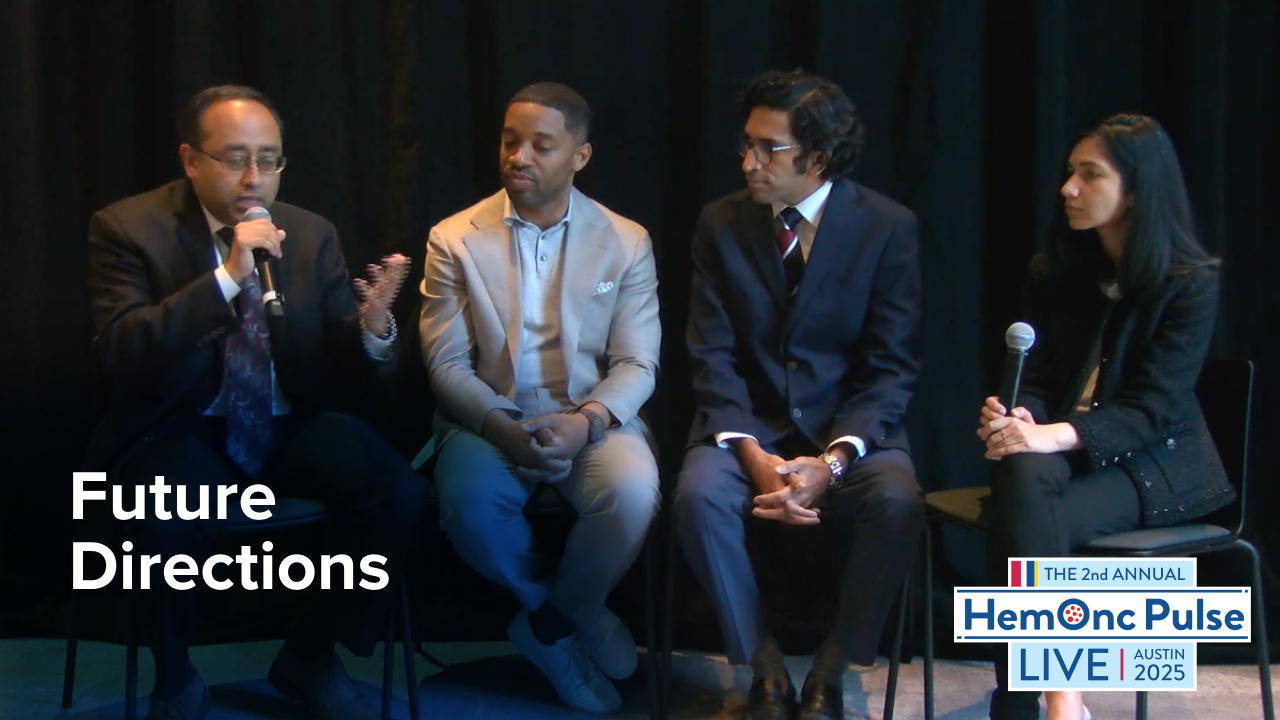
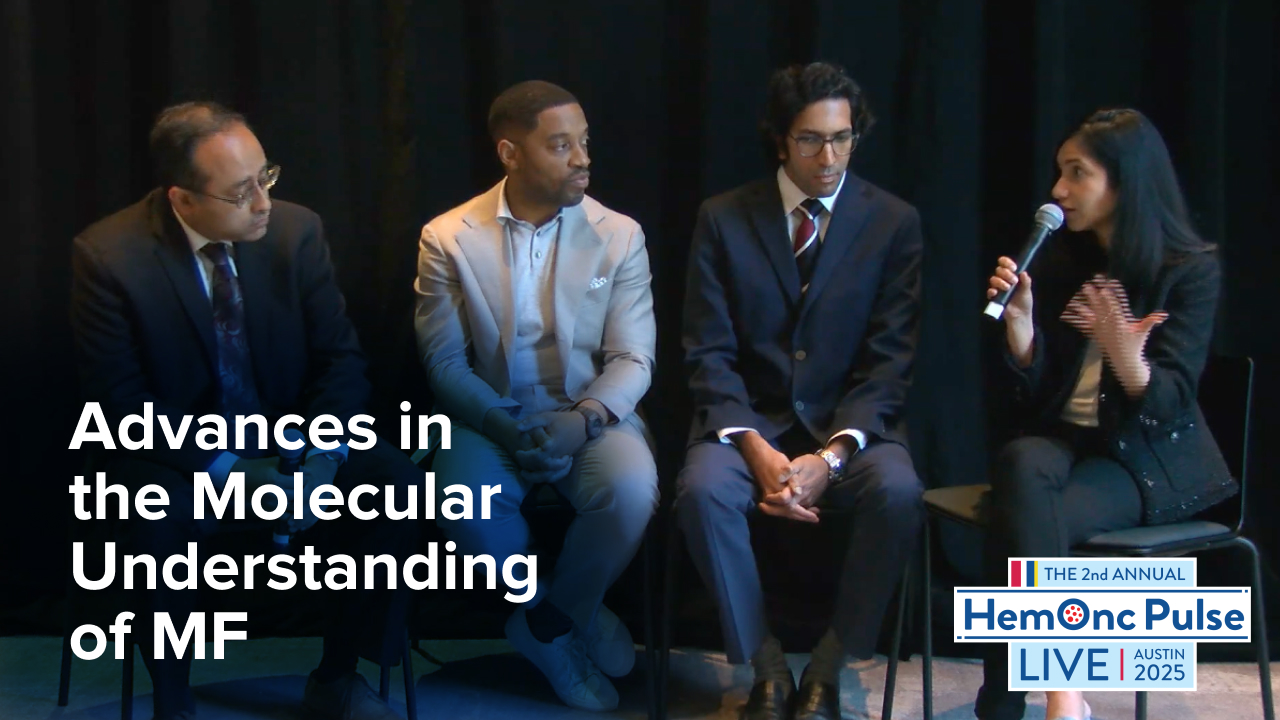
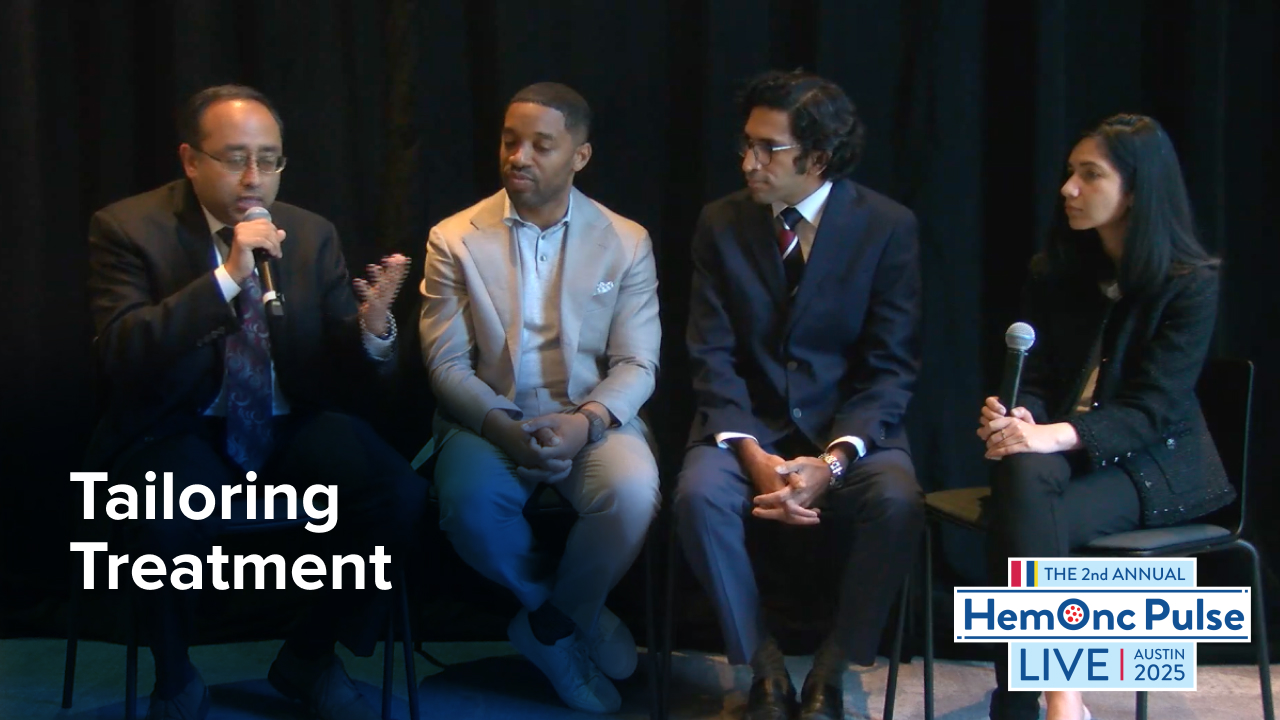
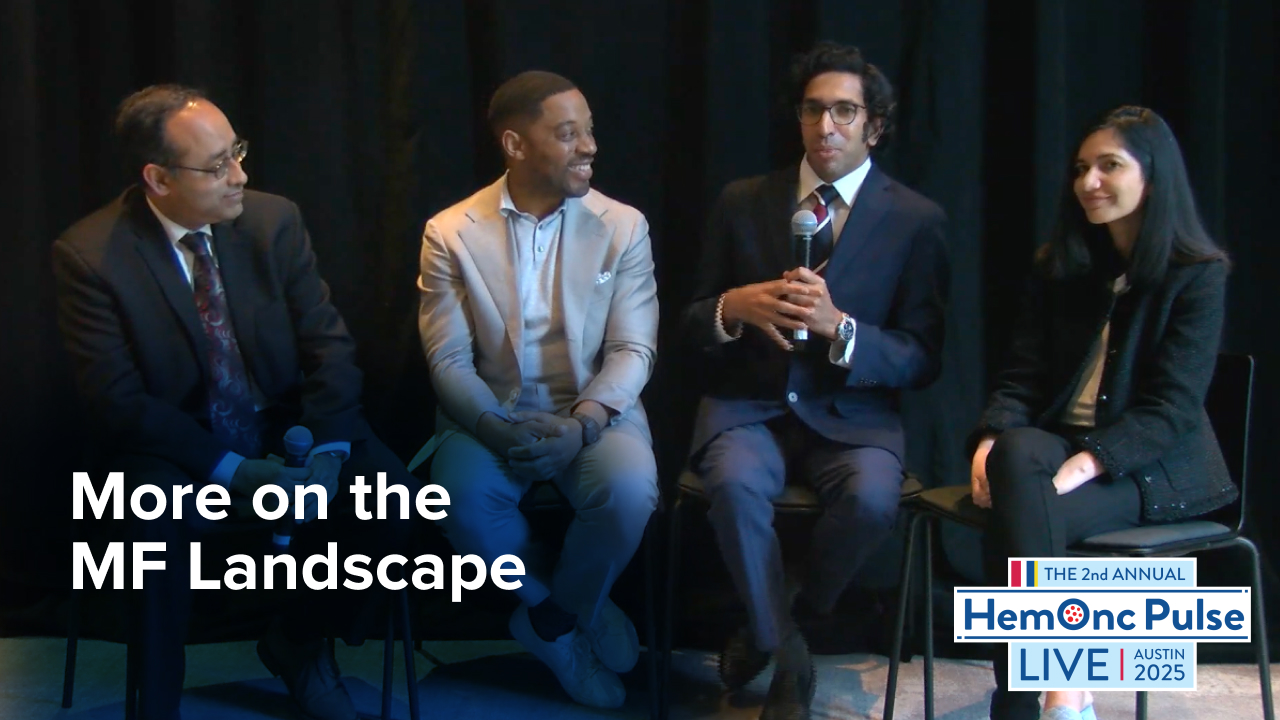
 © 2025 Mashup Media, LLC, a Formedics Property. All Rights Reserved.
© 2025 Mashup Media, LLC, a Formedics Property. All Rights Reserved.